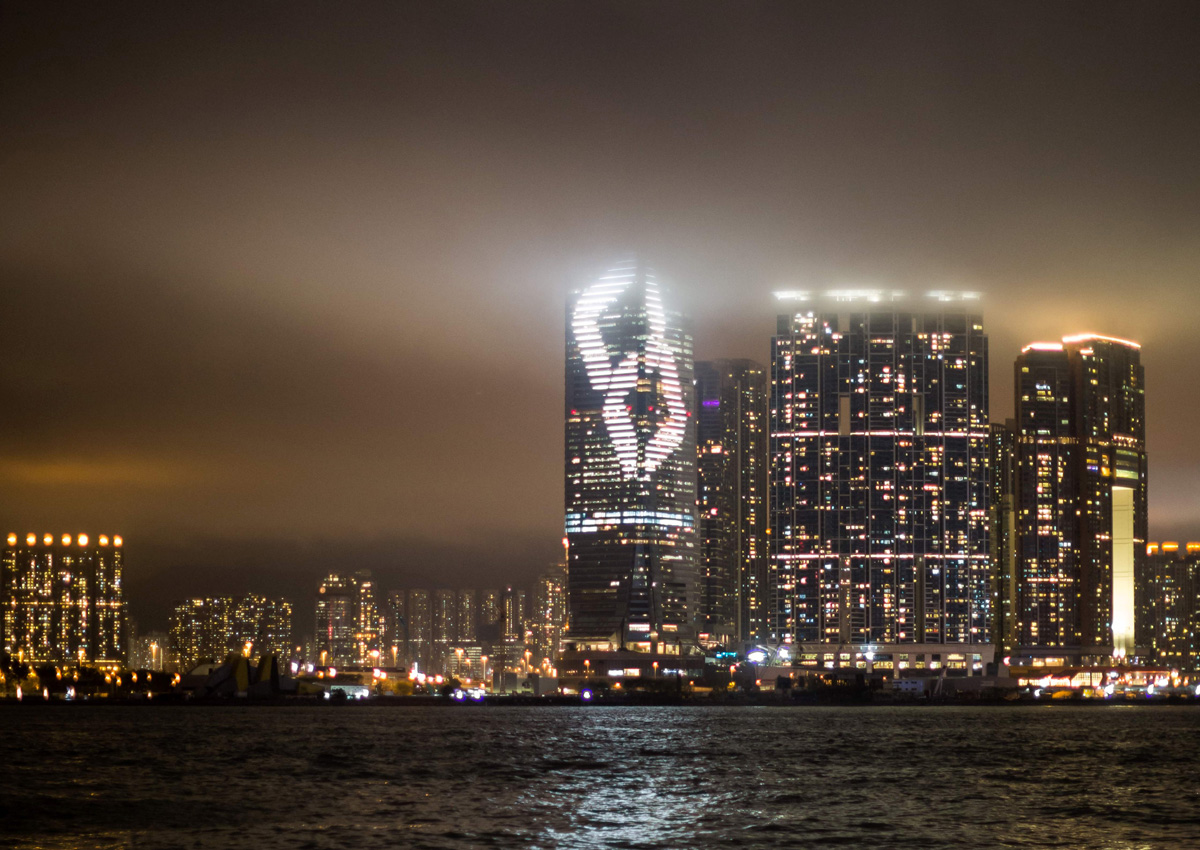It should come as no surprise that China and Hong Kong have been revealed in the Panama Papers as being among the most prolific in hiding entities that use offshore financial centers and tax havens. This partly stems from the fact that Hong Kong was a British territory for most of the past 150 years, and it was the UK more than any other country that saw the economic opportunity in providing financial and professional services to those seeking a favorable tax or legal environment.
It is also no coincidence that British territories over the past 75 years have dominated this offshore space, and why increasingly, corporate profits are parked overseas in low-tax jurisdictions with double tax-avoidance treaties. Laws in Panama and in many popular offshore jurisdictions are specifically tailored to circumvent the regulatory and disclosure burdens that exist in many developed economies. As often as not, English law forms the legal basis of many offshore jurisdictions, which is why Hong Kong, as China’s gateway to the world, has so many Chinese nationals owning offshore holding companies and accounts.
There are many legitimate reasons why the wealthy and businesspeople take advantage of the services and products offered up by offshore centers such as Panama. Apart from this cyber breach, resulting in the leak of 11.5 million files, offshore centers had been relatively risk-free. They offer greater personal privacy and lower taxes, and they are loosely regulated, if at all.
For those who conduct multiple transactions, using an offshore entity limits downside risk in terms of potential litigation or legal contamination from unrelated parties or transactions. Some high-profile Asians, including actor Jackie Chan and the daughter of former Chinese Premier Li Peng, Li Xiaolin, have been identified as clients of Mossack Fonseca, the Panamanian law firm at the center of the media storm.
Many named in the Panama Papers have not broken laws. They are simply using what is legally available to them. Neither Chan nor Li created any of the legal or tax-friendly structures that were allegedly set up for them. Hence, moral outrage should also be directed at the politicians and third-party professionals that made all this possible.
Read the full article here.

























